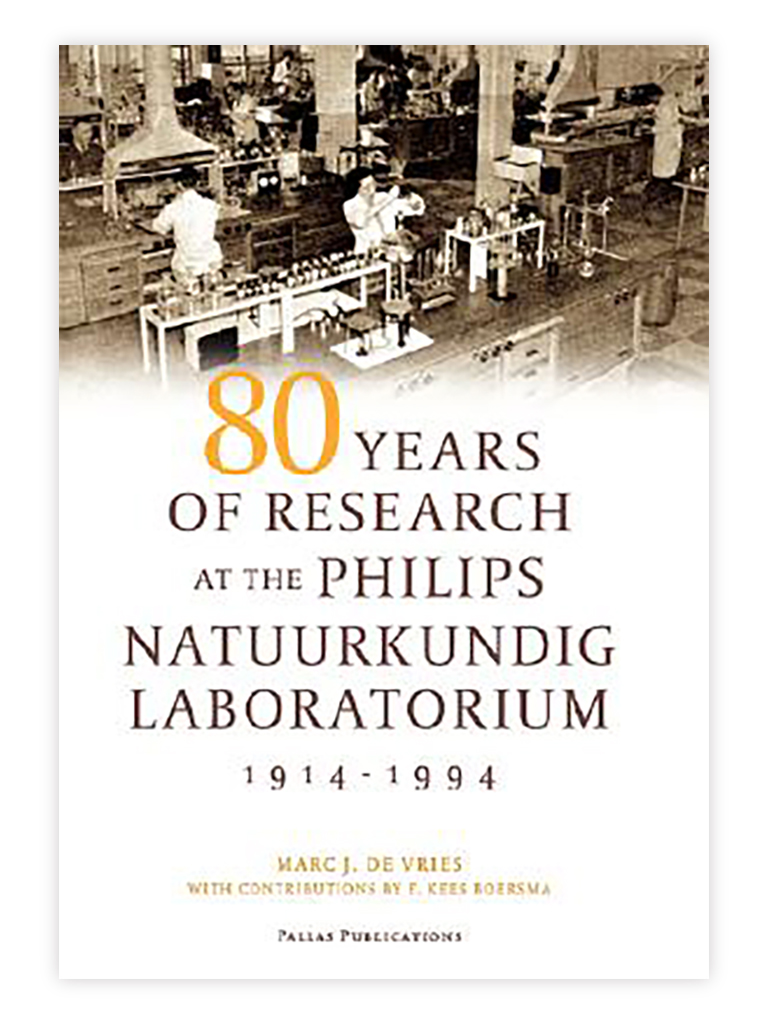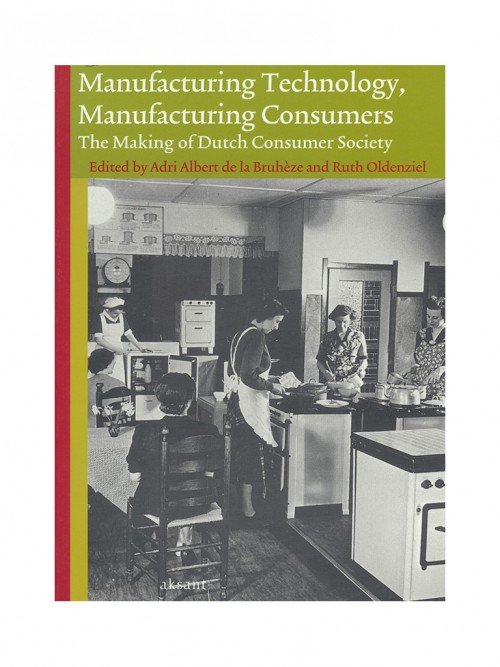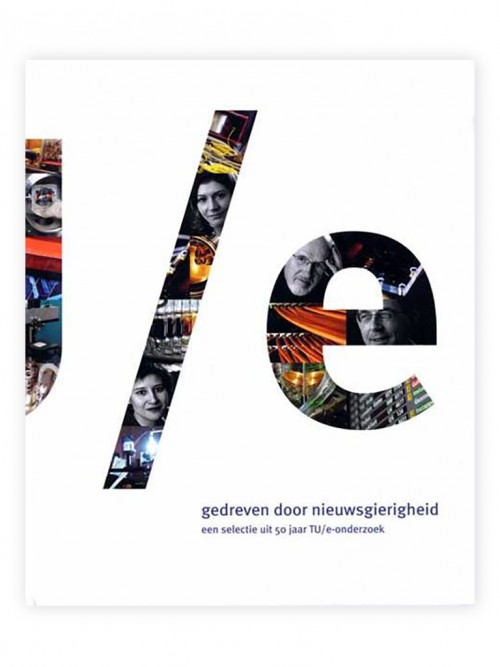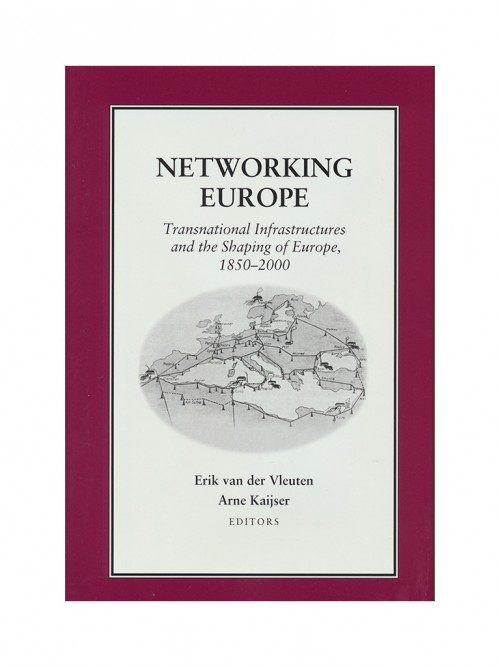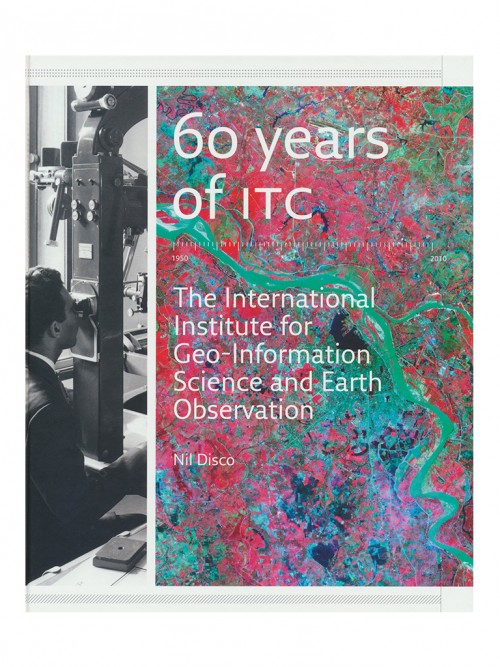Het Philips Natuurkundig Laboratorium, kortweg Nat.Lab. genaamd, speelde een centrale rol binnen Philips. Het onderzoek van Nat.Lab. legde de basis voor de verbreding van het productportfolio van de onderneming. In het boek 80 years of research at the Philips Natuurkundig Laboratorium 1914-1994 wordt ingegaan op de rol van research binnen Philips. Het boek is in opdracht van Philips Research onder auspiciën van de Stichting Historie der Techniek geschreven door Marc. J. de Vries.
Het in 1914 door Philips opgerichte Nat.Lab. groeide wereldwijd uit tot één van de leidende researchorganisaties. Voor het eerst is de geschiedenis van Nat.Lab. vastgelegd en wordt duidelijk welke rol de organisatie speelde bij de diversificatie van Philips van een gloeilampenfabriek tot een breed elektronicaconcern. Het laboratorium vormde binnen Philips de centrale bron voor innovaties en een belangrijke leverancier van specialistische kennis.
De afgelopen tachtig jaar veranderde de rol van het laboratorium binnen Philips continue. Van belang daarbij waren onder andere de doelstellingen van het concern, de organisatorische opzet van het bedrijf, de bedrijfsresultaten, de positie van de verschillende productdivisies, de cultuur binnen de researchorganisatie, de invloed van leidinggevende personen en relaties met externe partijen. Het boek toont aan dat een fors aantal factoren invloed uitoefende op de omvang en organisatie van de researchactiviteiten.
Casestudies bieden zicht op de onderzoekspraktijk van Nat.Lab. Zo stond in de jaren twintig de ontwikkeling van radiobuizen centraal. In de jaren vijftig werkten de onderzoekers aan de Stirling motor. Ook de transistortechnologie was toen belangrijk. Begin jaren zeventig volgden onder andere de ontwikkeling van het Video 2000-systeem en van digitale audio.
Auteur Marc de Vries is universitair docent techniekfilosofie aan de Technische Universiteit Eindhoven en bijzonder hoogleraar reformatorische wijsbegeerte aan de Technische Universiteit Delft. Van 1997 tot 2000 werkte hij voor de Stichting Historie der Techniek aan het in opdracht van Philips Research uitgevoerde onderzoeksproject. Naast Marc de Vries werkte Kees Boersma in het kader van zijn in 2002 afgeronde promotieonderzoek mee aan het project.
English
Histories of major industrial research laboratories are an essential contribution to the history of technology. This book offers a description of the way one of such laboratories has changed its ambitions and activities in the course of time. In the 80-year period that is described here, the Philips Natuurkundig Laboratorium has played different roles for the Philips company today one of the worlds largest electronics company – which was founded in 1891 in the Netherlands. The history of this laboratory is described in three main periods, each characterized by its goals, available means, organizational structures, research culture, and external relations. For each period the general story line is alternated by case study descriptions.
The Philips Natuurkundig Laboratorium was founded in 1914. The term Natuurkundig (in English: of physics) indicated that the task of the new laboratory was to conduct research of physics. Initially this research was related to light bulbs. At that time the Philips company, led by the two Philips brothers Anton and Gerard, was primarily a light bulb producing company. Soon the Nat.Lab. (this is the commonly used abbreviation of the full name) became the main source of inventions that would support the company in extending its product portfolio. In the course of time the goal of the lab’s activities shifted in response to changes in its context, both within the Philips company and in a broader national and international context. Today the Philips Natuurkundig laboratorium is part of a worldwide research organization, Philips Research that generates options for new and improved products and processes and produces important patents in those electronics markets in which the company is active. It is still one of the worlds major private research organizations. A key characteristic is the wide range of disciplines that are represented: from electrical engineering and physics to chemistry, mathematics, mechanics, information technology and software.
Marc J. de Vries is assistant professor of Philosophy of Technology at the Eindhoven University of Technology and affiliate professor of Reformational Philosophy at the Delft University of Technology, both in the Netherlands. From 1997 to 2000 he worked for the Stichting Historie der Techniek on the research that led to this book, which was commissioned by Philips Research.
Extra informatie
| Jaar van uitgave | 2005 |
|---|---|
| ISBN | 978-90-855-5051-8 |
| Taal | Engels |
| Verzendkosten | Nederland € 9,-, Europa € 15,-, Wereld € 25,- |
| Donateur SHT | Korting op aankoop: € 15,-. Vraag de kortingscode per e-mail |

